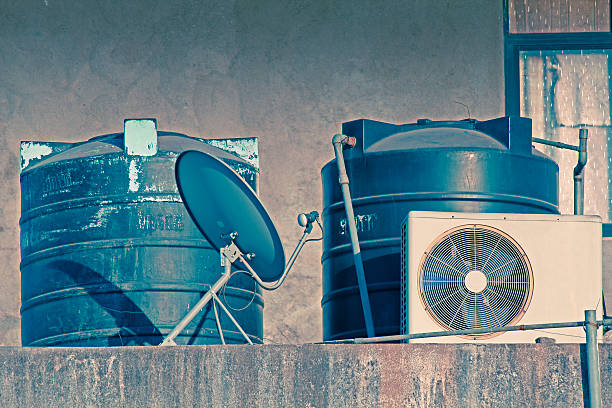
Understanding Options
When you know the dimensions of the uses of the tanks, you should outside of the size of the water reservoir. The the key is for the water tank to be large enough to get you through dry spells, literally, and help you exceed periods of no rainwater, given prior sufficient rain. Of course, the dimensions of your tank will rely on rainfall patterns in your region. If you live in a place with well-defined “wet” and “dry” seasons, you should aim to collect as much rainwater as possible to carry across dry out periods.
Case Study: My Experience With Tanks
As much as there are numerous uses of water tanks, there are also different types of tanks, grouped mainly according to insulation location. These tanks are buried underneath the ground. Tanks hidden underground are either plastic-type or concrete. Plastic storage containers are simpler to install, but concrete ones usually final longer. The site where such a tank is to be buried will depend largely on the level with which the beginning hole can be made. If you decide to place water storage reservoirs through your house unless you’re creating a new one, the only real option you have is to setup “bladder” water tanks. Bladder tanks contain a rubber urinary filled with either normal water or air. The main advantage water bladder reservoirs offer is that you simply don’t have to dig holes or take up yard room setting up such tanks. Ultimately, water treatment located above ground provides the largest variety. For instance, small plastic water tanks usually go up to around 2, 000 liters and come in all shapes: rounded, cylindrical, rectangular, etc. These people are mainly used in small areas where finding space can be a little bit difficult. Metal normal water tanks, one the other side of the coin hand, are coated which includes internal treatment for tougher corrosion resistance properties.









